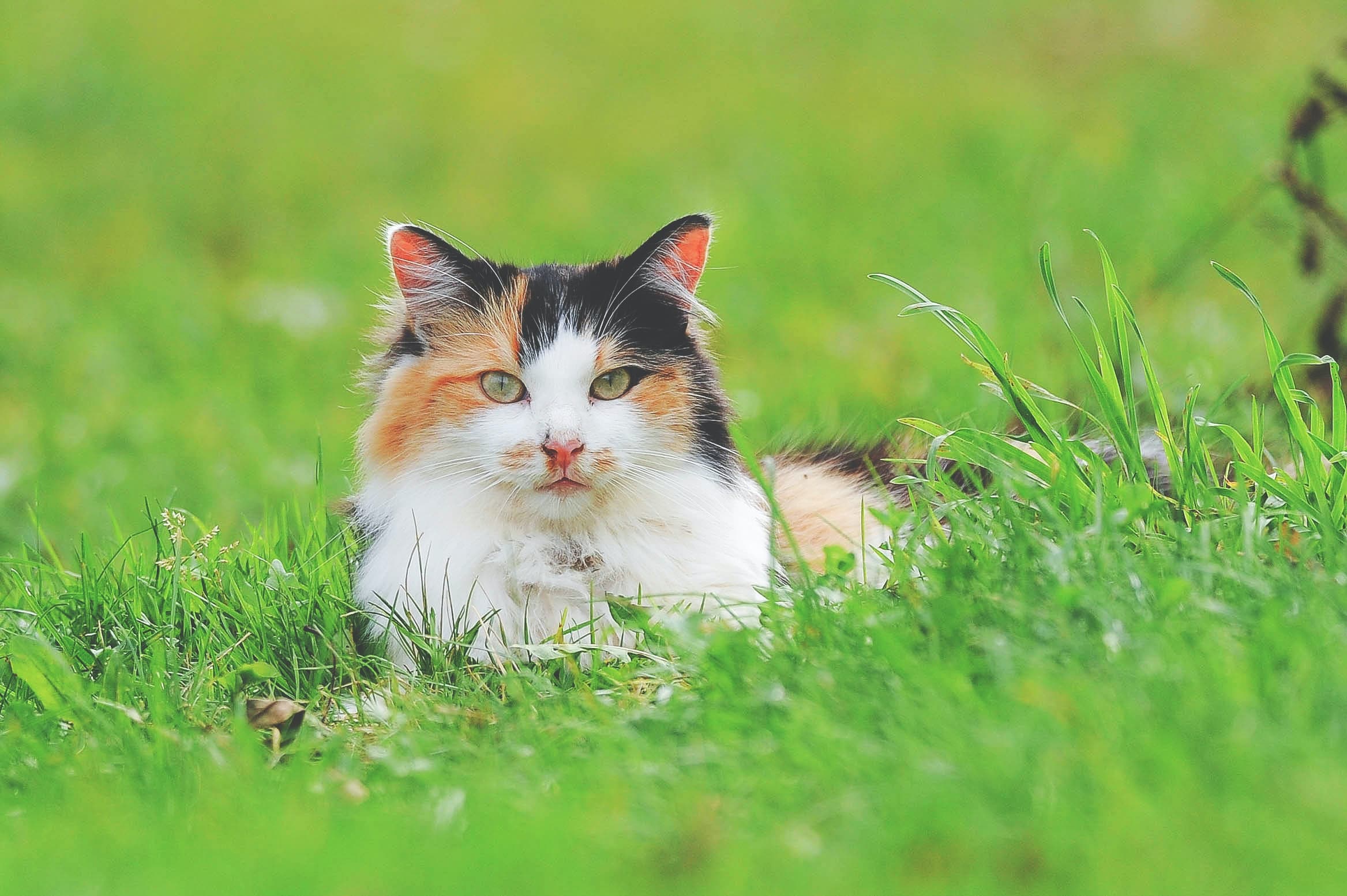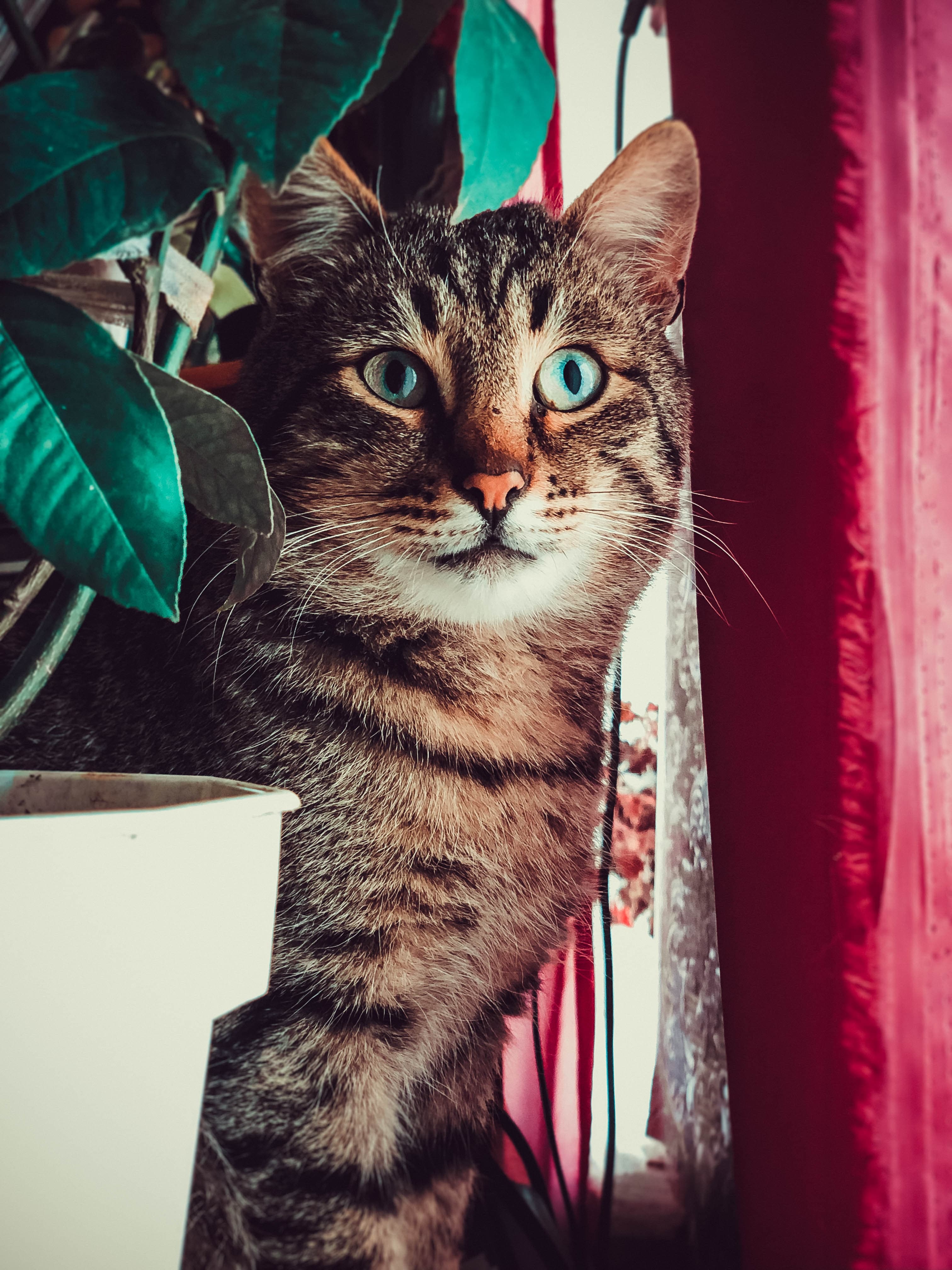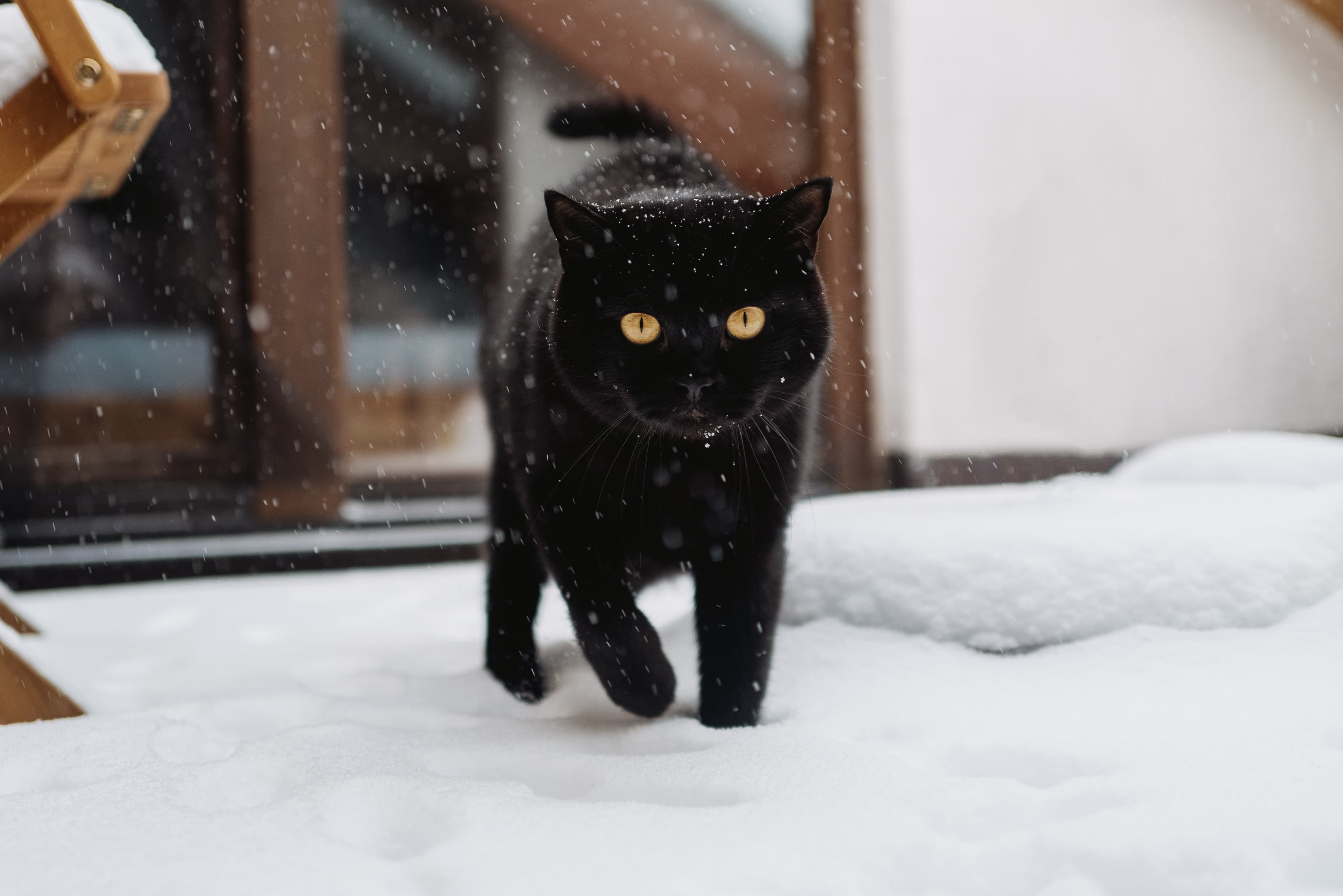Rat and mouse poison is toxic to cats
Sadly, rat and mouse poison can sometimes taste good to both cats and dogs. Even a small amount is very dangerous for cats to ingest, even if they catch mice or rats that have already ingested the poison themselves. Poisoning by rat poison often looks very serious. Depending on the specific poison ingested, symptoms might appear slightly later, or come on very quickly. Typically, rat and mouse poisons contain substances that prevent blood from clotting, leading to the risk of internal bleeding in the abdomen, lungs, and other organs. Newer pesticides effective against mice, such as Alpha-Chloralose, can directly affect the nervous system and make our pets so unwell that they sadly don't survive.
There are two categories of rat and mouse poison that cause different types of symptoms.
Warfarins - are an older type of rat poison that is still used. It works by causing increased bleeding in rodents and produces the same symptoms in cats. If you suspect that your cat has come into contact with the poison, you must go straight to the vet for an examination.
Symptoms can include increased bleeding, which may appear as blood in vomit or diarrhoea, or bleeding under the skin or mucous membranes, along with fatigue. The poisoning causes internal bleeding due to inhibited blood clotting. If treatment begins promptly, an antidote is available, but it must be given for several weeks after exposure. The poisoned cat will receive symptomatic and supportive care, depending on the severity of the poisoning. The cat may require several days of hospitalisation, and some may even need a blood transfusion. Symptoms of warfarin poisoning often appear a few days after ingestion.
Alpha-Chloralose is a newer type of mouse poison that acts very quickly if ingested by the cat. It affects the nervous system. In large quantities, it can cause the cat to go into a coma or die. Neurological symptoms may occur, such as seizures, unconsciousness, coma, and in some cases, death. There is no antidote; the cat receives supportive care from the vet, often in intensive care. A cat poisoned by Alpha-Chloralose can sometimes be saved, but the prognosis depends on the amount ingested and how quickly treatment is administered. If poisoning is suspected, it's vital to take your cat to the vet urgently.
If you keep mice and rat poison in your home, ensure it's stored in locked cupboards or in areas your cat cannot access. However, it can unfortunately be difficult to prevent your cat from ingesting rat and mouse poison, especially if they roam freely outdoors. If you suspect your cat has been poisoned, go to the vet urgently.






